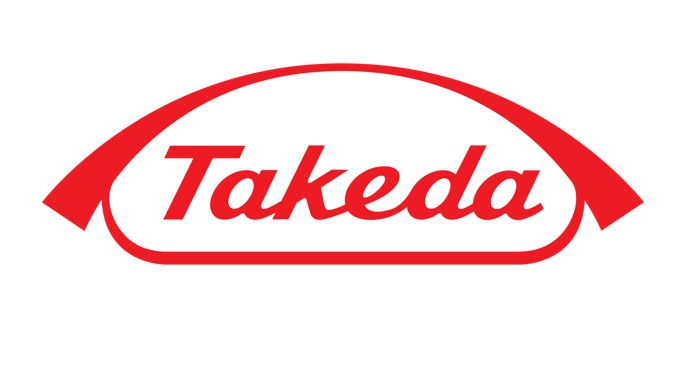FDA panel backs Takeda's CMV drug for transplant patients

Takeda is closing on a first FDA approval in the treatment of refractory cytomegalovirus (CMV) infections in organ transplant patients, after agency advisors voted unanimously in favour of its antiviral maribavir.
Maribavir (TAK-620) should be approved for refractory CMV infections in people with solid organ transplants as well as haematopoietic stem cell transplants (HSCT), regardless of whether the CMV has been shown to have resistance to other drugs, said the advisory committee.
The drug has a breakthrough designation from the FDA for refractory CMV infections that are resistant to prior therapy with drugs like ganciclovir, valganciclovir, foscarnet and cidofovir.
The FDA advisors said however that there was no clinical case to warrant distinguishing these patients from those with non-resistant CMV, and to do so could cause harm as patients need swift treatment.
The 17-strong advisory committee reviewed data from the SOLSTICE trial that showed maribavir demonstrated superiority compared to conventional antiviral therapies.
More than 55% of transplant recipients with refractory CMV infections achieved confirmed viral clearance with Takeda's drug, compared to around 24% of those on conventional antivirals.
Assuming the agency follows the advice of its experts, patients wrestling with refractory, resistant CMV infections – which can jeopardise the health of the transplanted tissue – could have a new treatment option later this month, as the FDA is due to deliver a verdict by 26 October.
Maribavir is one of Takeda's 'Wave1' of new therapies that the company said a couple of years ago could collectively add more than $10bn in aggregate peak sales, although it has suffered a few setbacks since then.
NEDD8-activating enzyme inhibitor pevonedistat failed a phase 3 trial in myelodysplastic syndromes and acute myeloid leukaemia (AML), and there have been regulatory delays for other Wave1 programmes including Eohilia (budesonide oral suspension) for eosinophilic oesophagitis and dengue vaccine TAK-003.
On the plus side, Takeda recently scored FDA approval for first-in-class cancer drug Exkivity (mobocertinib) as a second-line treatment for locally advanced or metastatic non-small-cell lung cancer (NSCLC) patients whose tumours have EGFR exon20 insertion mutations.
Obi Umeh, who heads Takeda's maribavir programme, said that the positive vote "marks a significant step towards delivering the first approved treatment for adult transplant recipients with refractory CMV infection and disease, with or without resistance."
Panellists called for post-approval studies of maribavir during the meeting, to shore up data with the drug in paediatric patients and to make sure it does not interact with other medicines used in transplant patients.












